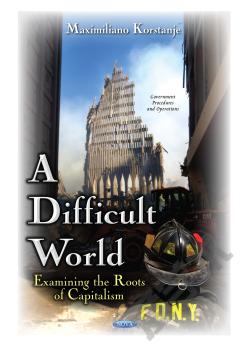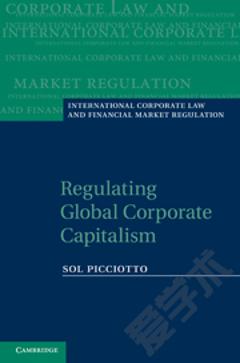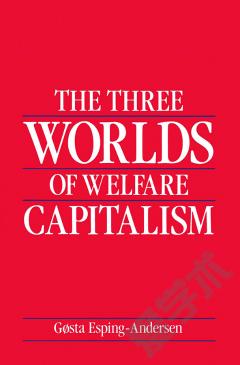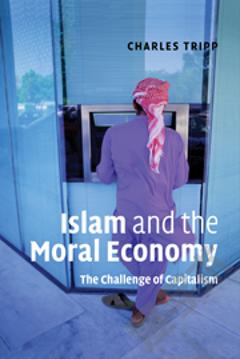A Difficult World: Examining the Roots of Capitalism
In this book, Maximiliano Korstanje explores the dichotomies of capitalism, continuing the legacy of Max Weber, Ulrich Beck, Richard Hofstadter and Giorgio Agamben. Undoubtedly, we are living in trying times, which merits reconsidering the current conception of sociological theories. From disasters to terrorism, Occident seems to be trapped in an illusory landscape where risk plays a crucial role in the configuration of a new tragic ethos. Although Weber did the correct thing in pointing out that predestination was a key factor in the capitalist genesis, he ignored the influence of Norse culture, which was already rooted in the thinking of Luther and Calvino. Whether in the battleground, Greeks and Romans were subject to an overt destiny which depended on individual actions (sacrifice) Norse mythology, on the other hand, offered the opposite context. The Walkyrias, Odin’s daughters, knew in advance who would be the fallen warriors (predestination). Complementary to what has been written, Korstanje established a new innovative thesis that explains why Anglo-Saxon culture was not only prone to develop a globalized capitalist system of production, but also prone to risk-perception. Combining a closed-conception of future (predestination) with a sentiment of excemptionalism given by the Reform, the US logically constructed a world of preemption that led to the dilemma of “preventive attack”. The role of government in posing threats to control the internal workforce, as well as how the principle of exception triggers fear, are fascinating themes discussed in this text.
{{comment.content}}








 京公网安备 11010802027623号
京公网安备 11010802027623号